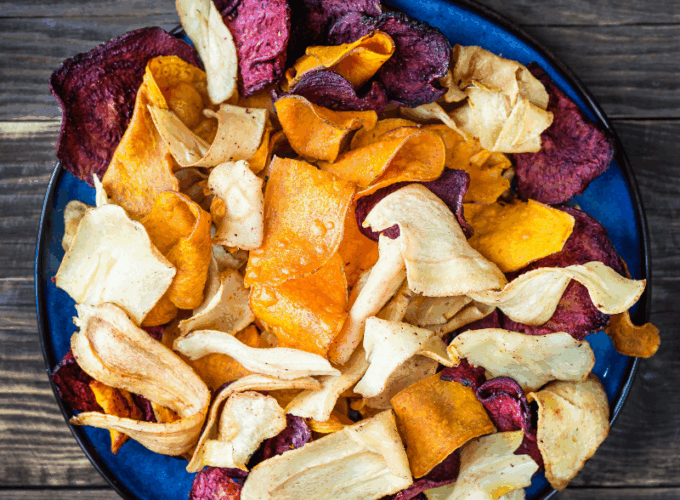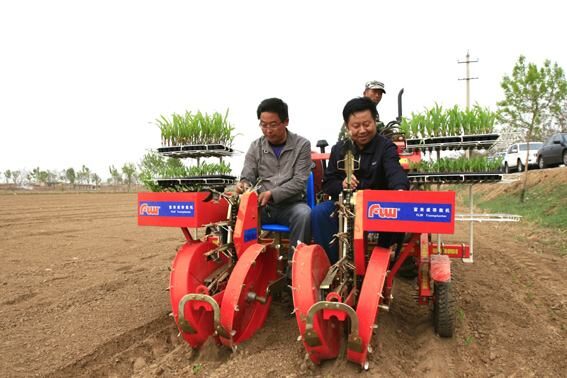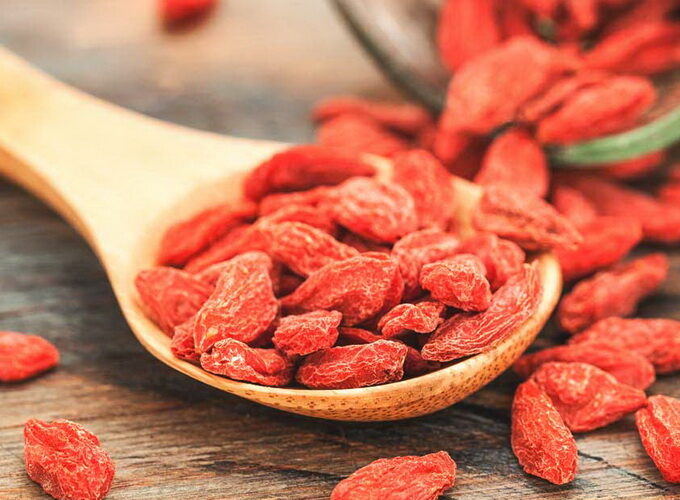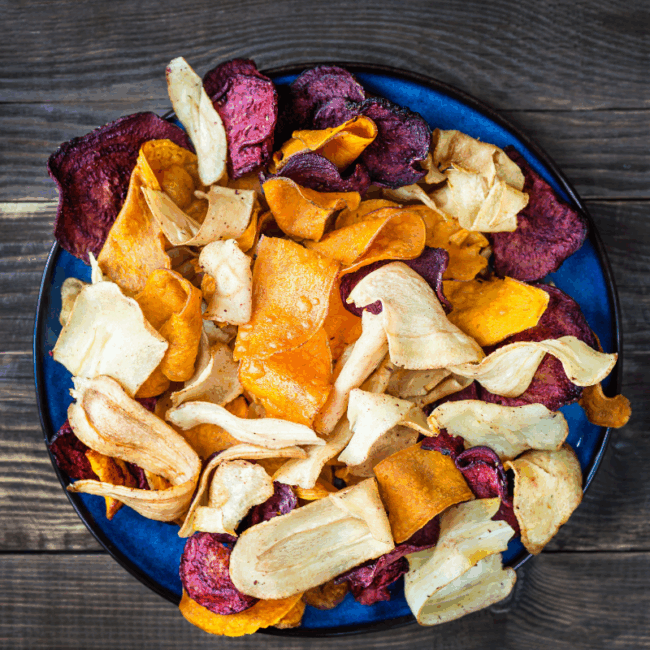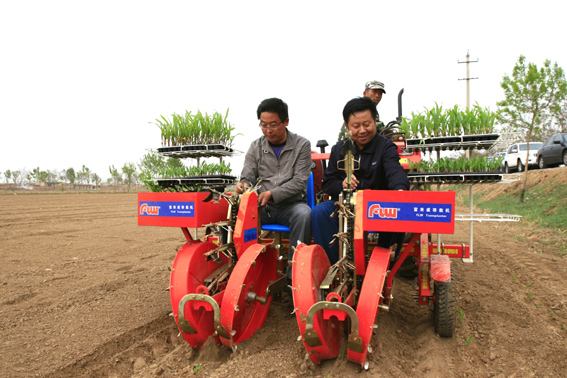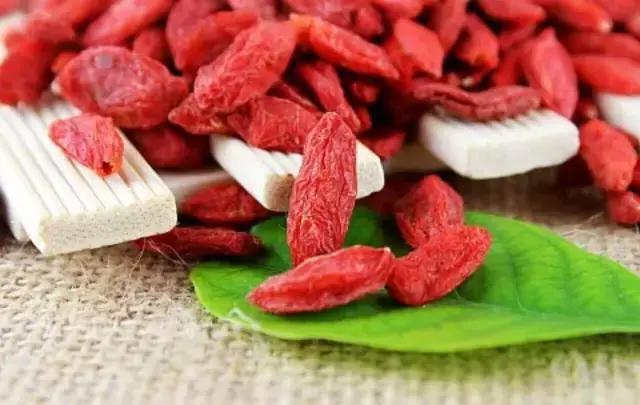
The goji berries goods must be no seeds, no impurities, no insects, no mildew. Under this premise, goji berries can be divided into grades according to colors of fruits and size of grains from different fruits. At present, thegrading standard is according to People’s Republic of China ZBB38001-90, goji berries are divided into super grade, grade A, B, C, and D.
The super grades with more sugariness are oval or long oval, the fruits are red and smooth. Every 50 g plant produces 370 fruits with uniform sizes, no oil, and broken grains.
The grade A with more sugariness are oval or long oval, the fruits are red and smooth. Every 50 g plant produces less than 580 fruits with no oil, and broken grains.
The grade B with more sugariness are oval or long oval, the fruits are red and smooth. Every 50 g plant produces less than 900 fruits with no oil, and broken grains.
Every 50 g plant of the grade C with more sugariness produces less than 1120 fruits, and the broken grains are less than 15%.
The grade D with more sugariness are different in colors. The fruits are unlimited, with less than 30% of oil and broken grains. They are also called“oil plants”.
Besides the above standards, the Zhongning goji berries are added a standard of “tribute” fruit, every 50 g plant produces less than 250 fruits.
Xinjiang goji berries grown in Tori Township, Jinghe can be divided into 3 levels, the followings are the standards of all levels.
The grade A with 280-320 fruits every plants are bright red color, no cakingand non-toxic, the impurity content is less than 196, and the moisture contentis 10% – 12%.
The grade B with 370-400 fruits every plants are bright red color, no cakingand non-toxic, the impurity content is less than 1%, and the moisture contentis 10% – 12%.
The grade C with more than 550 fruits every plants are bright red color, no caking and non-toxic, the impurity content is less than 1%, and the moisture content is 10% – 12%.

